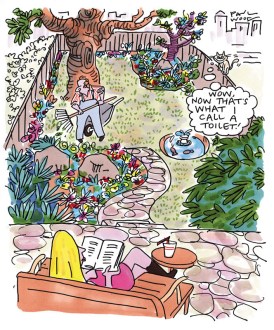The enemy within
On the 9 August 378 AD near Adrianople in Thrace the Roman army of the East was massacred and the Emperor Valens left dead on the battlefield by an army of barbarian Goths. It was, as Alessandro Barbero’s title claims, ‘The Day of the Barbarians’. He gives a highly readable account of the campaign and


